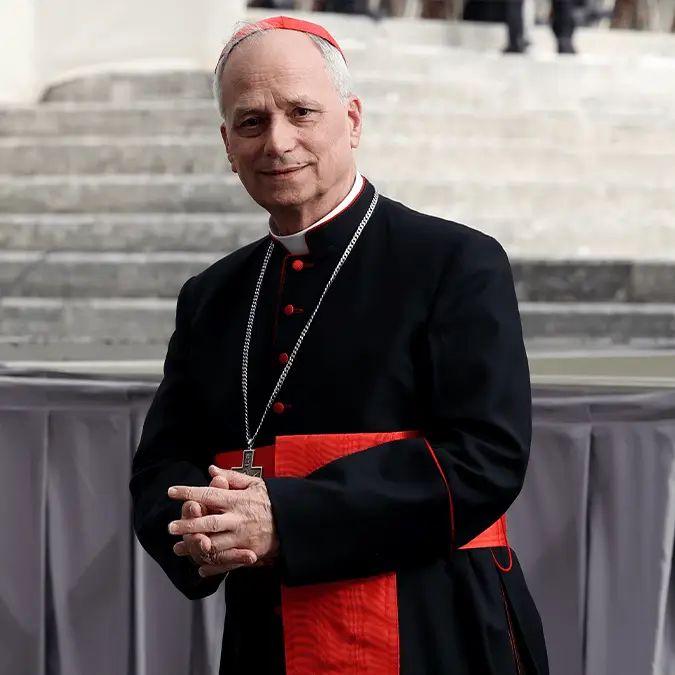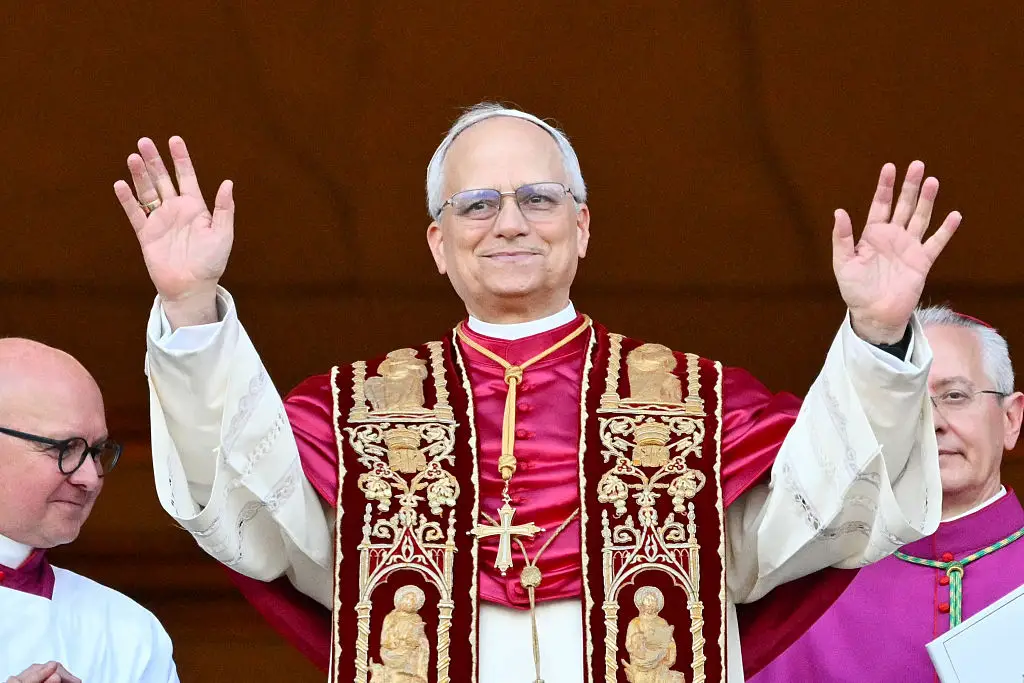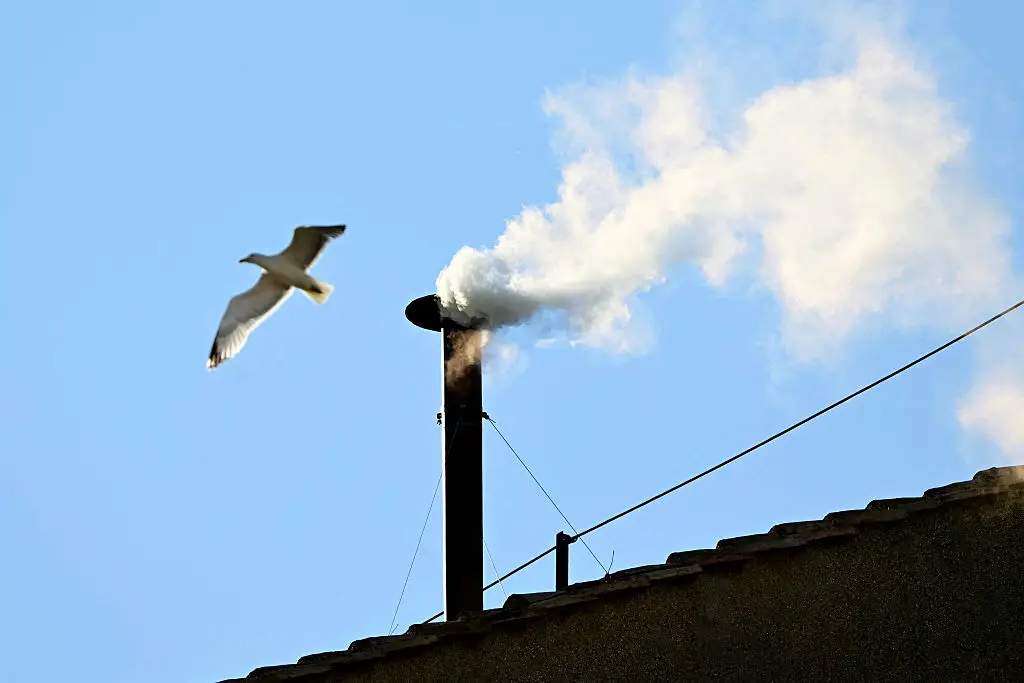
Catholics around the world are celebrating the election of Pope Leo XIV.
Formerly known as Cardinal Robert Prevost, Pope Leo XIV was confirmed as the new pontiff on 8 May, just weeks after Pope Francis passed away at 88 on Easter Monday (22 April).
But while the sight of white smoke from the Sistine Chapel is usually a symbol of hope and unity, some conspiracy theorists are more than a little uneasy about the new Pope.
Why? Because a resurfaced 100-year-old prophecy suggests the 69-year-old might just be the last Bishop of Rome.
Advert

An Irish man named Saint Malachy allegedly wrote the doomsday prophecy in the 1100s, titled 'Prophecy of the Popes'.
Malachy supposedly predicted that there would be 112 popes after his lifetime, with the final one being a figure ominously referred to as 'Peter the Roman.'
The prophecy claims: "Peter the Roman, who will pasture his sheep in many tribulations, and when these things are finished, the city of seven hills will be destroyed, and the dreadful judge will judge his people. The End."
Now, most people can argue that 'Peter the Roman' sounds nothing like Pope Leo XIV, not even his former name Robert Francis Prevost. So it's pretty safe to assume Malachy missed the mark on that one.
Plus, the text also gets his nationality wrong, as Pope Leo XIV holds both American and Peruvian citizenship, not Italian.

Some theorists have tried to connect the title Peter the Roman to the late Pope Francis, but that idea’s been shot down repeatedly for similar reasons.
In 2013, Josh Canning, director of Toronto's Chaplaincy at the Newman Centre, said: "I don't know how you can connect Peter the Roman with Pope Francis."
Experts on the matter have also been quick to dismiss the ancient claims. "The prophecies are a forgery," said Fr. James Weiss, an Episcopal priest and professor of church history at Boston College.
Where the paragraph mentions 'city of seven hills' (presumably Rome) and a 'dreadful judge,' Weiss sees this as way over the mark. Instead, he suggests this could actually refer to a non-apocalyptic event, potentially involving judgment by a national leader instead.
Perhaps, the biggest clue that the prophecy might not be genuine is the gap between Malachy’s lifetime and the first mention of the prophecy, says Joëlle Rollo-Koster, a medieval history professor at the University of Rhode Island. "As an historian, I am hardcore on the evidence, and that, for me, is the ultimate proof that Malachy [...] did not utter prophecies or write prophecies," she said.